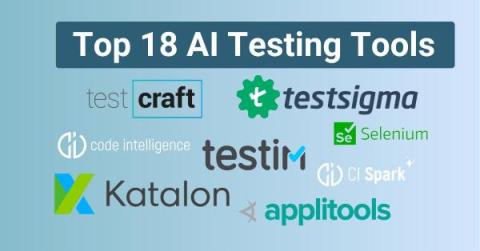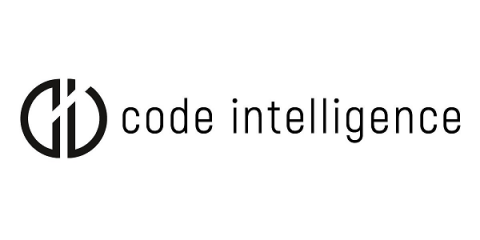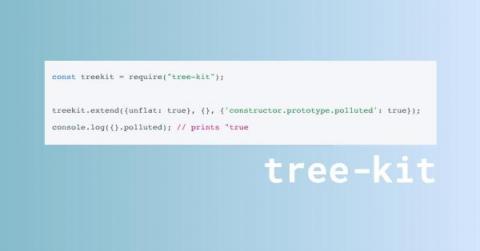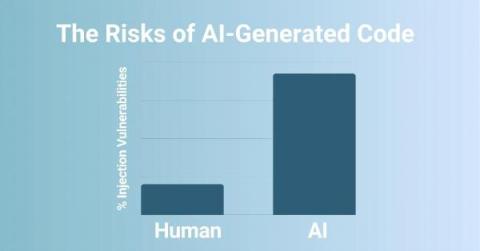ISO/SAE 21434 compliance in 2024: what's new and how to act
Most modern vehicles are equipped with a variety of software systems and resemble sophisticated computers on wheels. The ISO/SAE 21434 standard is a framework that provides recommendations and requirements for secure software development in the automotive industry. But what is ISO 21434 exactly? And what can we expect from automotive software security in 2024? Read on and find out!










